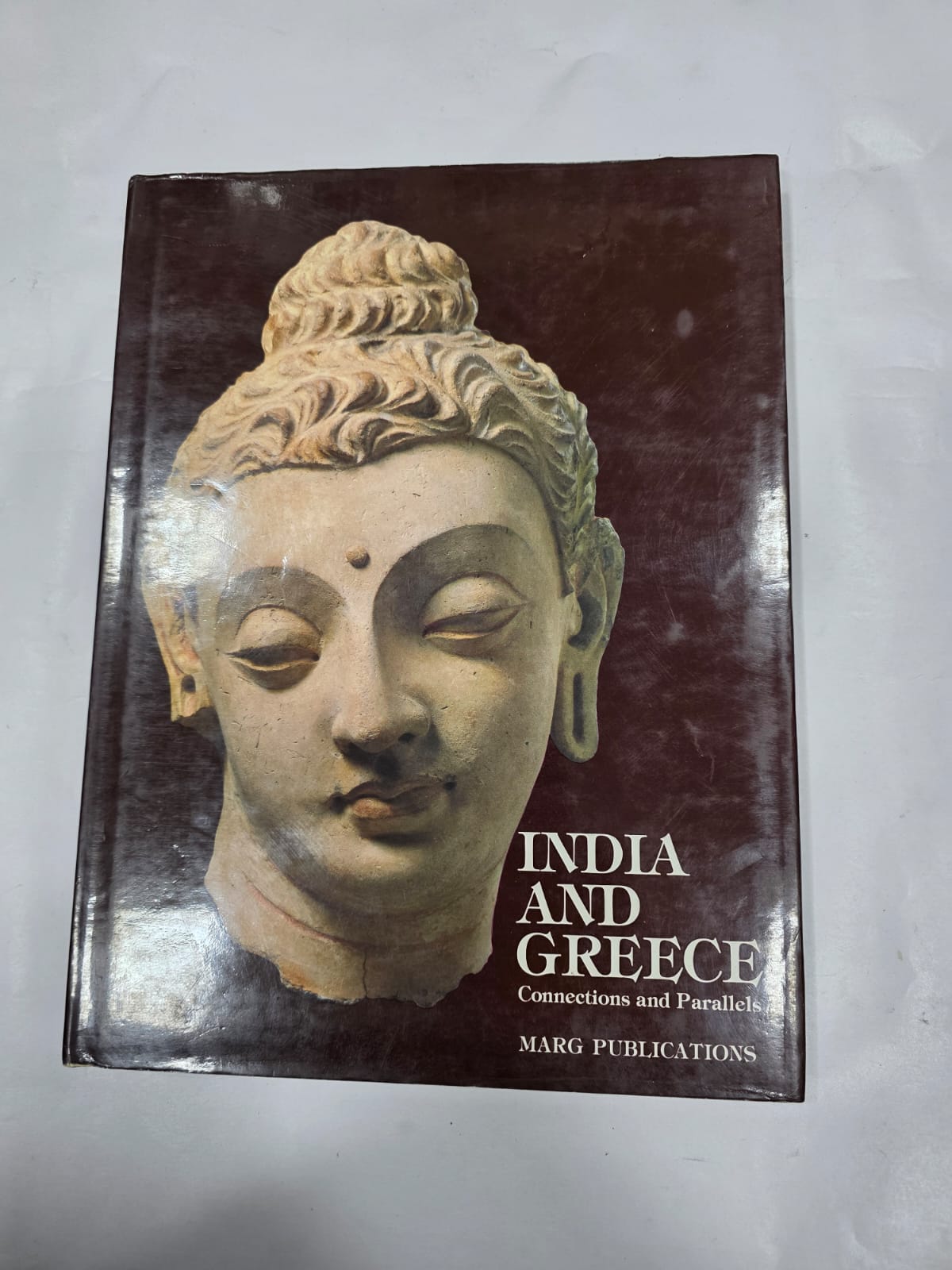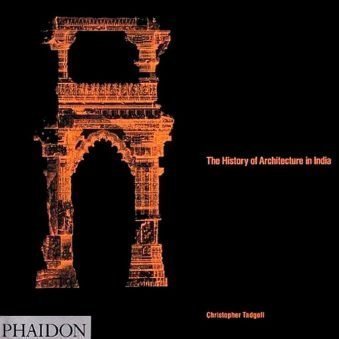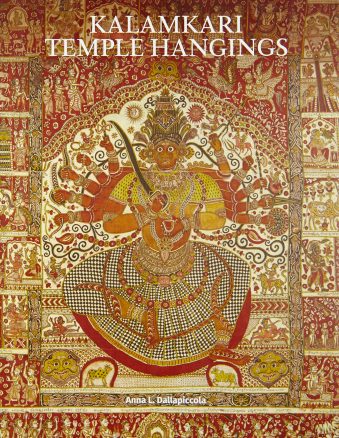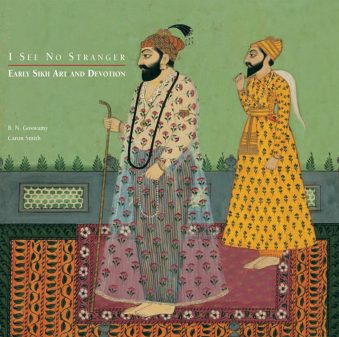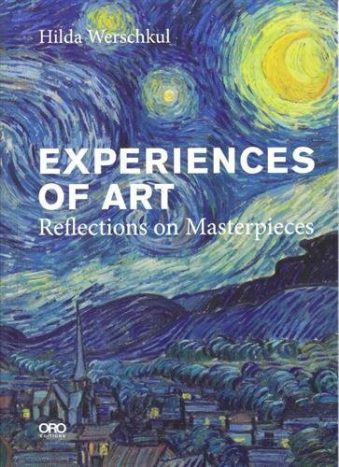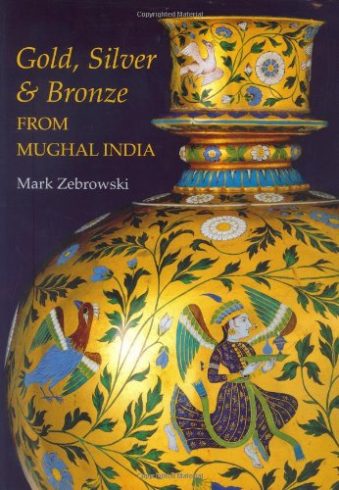- Empty cart.
- Continue Shopping
CONDITION USED LIKE NEW , INDIA AND GREECE CONNECTIONS AND PARALLELS, MARG HARDCOVER, 1985
₹8,165.00Current price is: ₹8,165.00. Original price was: ₹9,823.00.
AUTHOR : SARYU DOSHI
PUBLISHER : MARG PUBLICATIONS
HARDCOVER : 132 PAGES
1 in stock
More than 2,500 years ago two distant lands developed distinctive traditions that left a deep imprint on the cultural consciousness of the Asiatic and Mediterranean worlds. In India, the preoccupations among savants and philosophers prepared the ground for the religious movements of Buddhism, Jainism, and monotheistic cults. The religion of the Buddha spread beyond the frontiers of India moving eastwards into China and Japan and southwards to Ceylon and other Asian countries. In Greece, around the 6th century BCE, artists began to move away from established norms and attempted to represent the human form as they saw it. This had profound repercussions on the art of neighbouring regions. In 1983 the European Cultural Centre at Delphi responded to the visit of India’s late Prime Minister Indira Gandhi, with a proposal for a multi-faceted Indo-Greek symposium, which materialized the following year. It served as a platform for cultural exchange and as a forum for investigating the ancient connections between India and Greece. This volume presents edited versions of the key issues discussed at Delphi and includes essays on such aspects of cultural development as mythology, theatre, and music. In this edition, Marg invites you to explore the ancient trade routes, the daring exploits of Alexander and their aftermath, and the mutual influences that have flowed between the two great source civilizations of India and Greece.
Saryu Doshi, is the Editor of Marg and a specialist in the history of Indian miniature painting. She has contributed significant research to the field of art and culture.




